
4 Ways Dandruff Affects Hair Growth

Dandruff, a common scalp condition characterised by flaking and itching, is often a source of discomfort and embarrassment. It affects millions of people worldwide, regardless of age, gender, or ethnicity. While dandruff itself is a well-known issue, many people are concerned about its potential impact on hair growth. Does dandruff hinder hair growth, or is it merely a cosmetic concern? This article explores the relationship between dandruff and hair growth, providing insights into how this condition might affect your hair.
Understanding Dandruff: Causes and Symptoms
Dandruff occurs when the scalp sheds dead skin cells at an accelerated rate. Normally, skin cells are continuously replaced, but in the case of dandruff, this process speeds up, leading to visible flakes on the scalp and hair. The condition is often accompanied by itching and irritation, which can be uncomfortable.
The exact cause of dandruff can vary, but some common factors include:
- Malassezia Fungus: This yeast-like fungus naturally lives on the scalp, but in some individuals, it can proliferate excessively, leading to dandruff.
- Seborrheic Dermatitis: A more severe form of dandruff, this condition causes red, greasy skin covered with flaky white or yellow scales.
- Dry Scalp: Dry skin on the scalp can also lead to dandruff, especially in colder climates or during winter months.
- Sensitivity to Hair Products: Certain hair care products may irritate the scalp, leading to dandruff.
- Other Factors: Stress, poor diet, and hormonal changes can also contribute to dandruff.
The Link Between Dandruff and Hair Growth
While dandruff itself does not directly cause hair loss, the symptoms associated with it can potentially impact hair growth. Here's how:
- Inflammation and Hair Follicles: Chronic dandruff can lead to inflammation of the scalp, known as scalp dermatitis. This inflammation can weaken hair follicles, making them less efficient at producing healthy hair. Over time, this may lead to hair thinning and reduced hair growth.
- Scratching and Physical Damage: The itching associated with dandruff can be intense, leading to frequent scratching. Persistent scratching can damage the scalp and hair follicles, potentially leading to hair breakage and, in severe cases, hair loss. However, this type of hair loss is usually temporary, and hair growth resumes once the scalp heals.
- Blocked Hair Follicles: Excessive flaking can accumulate on the scalp, blocking hair follicles and hindering the natural growth process. When follicles are clogged, they may not receive the necessary nutrients and oxygen, leading to weaker hair strands and slower growth.
- Stress and Its Impact: Dealing with chronic dandruff can be stressful, and stress itself is a known factor in hair loss. The anxiety and embarrassment caused by dandruff may contribute to stress-induced hair loss, compounding the problem.
Preventing Dandruff-Related Hair Growth Issues
While dandruff can potentially affect hair growth, taking proactive steps to manage and treat it can minimize its impact. Here are some tips:
Use Anti-Dandruff Shampoos: Regular use of medicated shampoos containing ingredients like zinc pyrithione, ketoconazole, or salicylic acid can help control dandruff and reduce inflammation.
Maintain Scalp Hygiene: Keeping your scalp clean and free of excess oil and debris is crucial. Washing your hair regularly can prevent the buildup of flakes and keep hair follicles clear.
Avoid Irritants: Be cautious with hair care products. If you notice that a particular product worsens your dandruff, discontinue its use. Opt for mild, hypoallergenic shampoos and conditioners.
Manage Stress: Since stress can exacerbate dandruff and contribute to hair loss, finding ways to manage stress through relaxation techniques, exercise, or hobbies can be beneficial.
Consult a Dermatologist: If dandruff persists despite your efforts, consult a dermatologist. They can prescribe stronger treatments and identify any underlying conditions contributing to your dandruff.
While dandruff itself does not directly prevent hair growth, its symptoms—such as inflammation, scratching, and clogged follicles—can potentially impact the health of your hair. By managing dandruff effectively through proper scalp care and treatment, you can minimize its effects on hair growth and maintain healthy, strong hair. Remember, early intervention and consistent care are key to preventing any long-term impact on your hair's health.


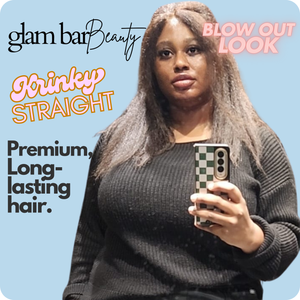

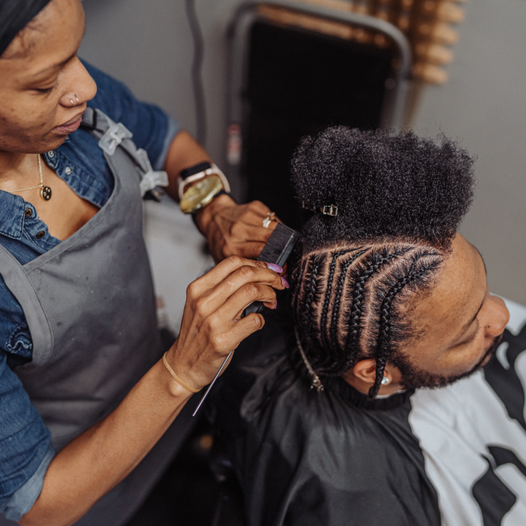
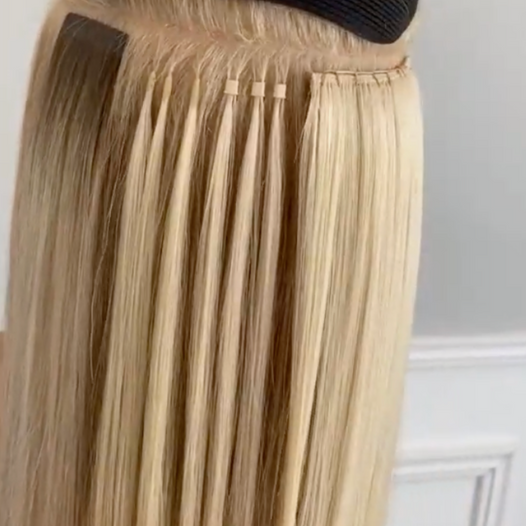
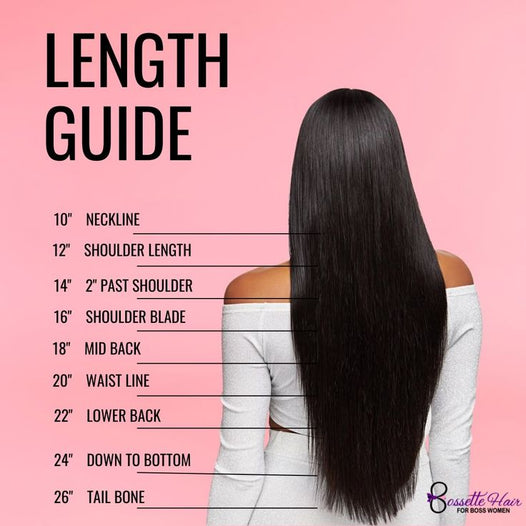
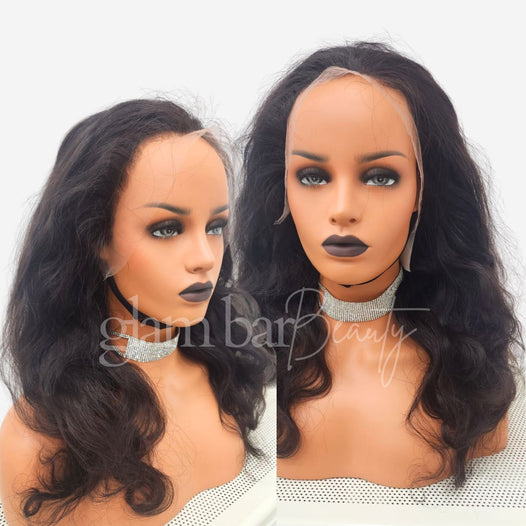
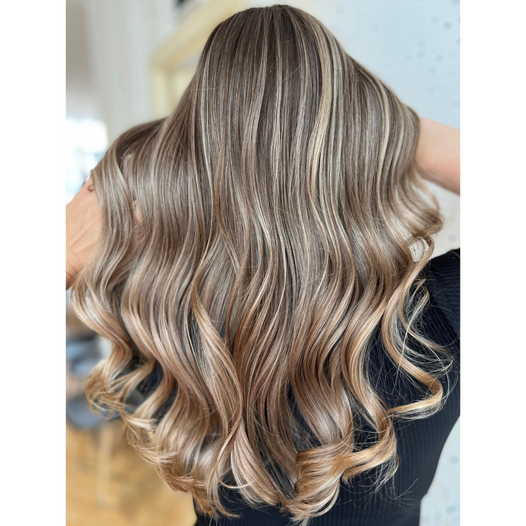
Leave a comment